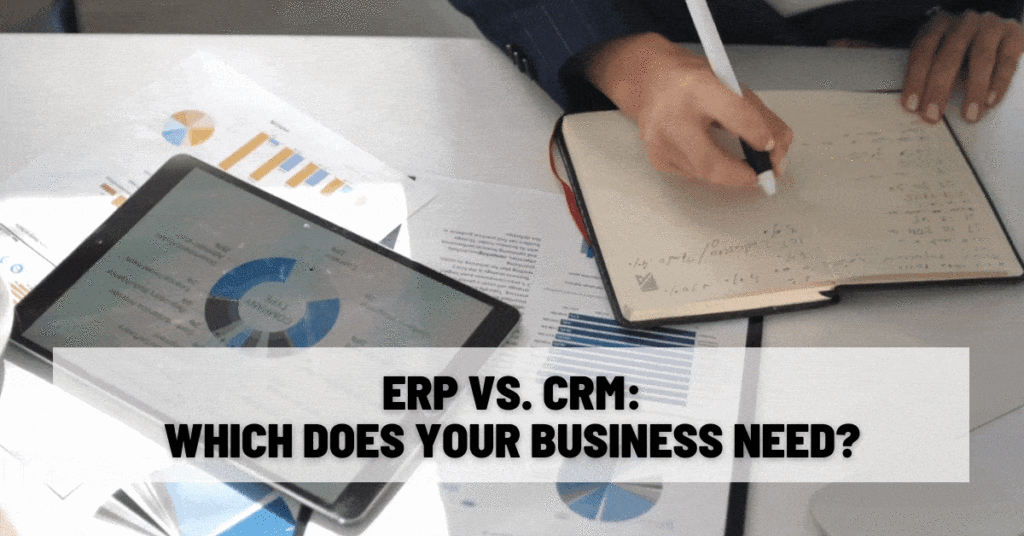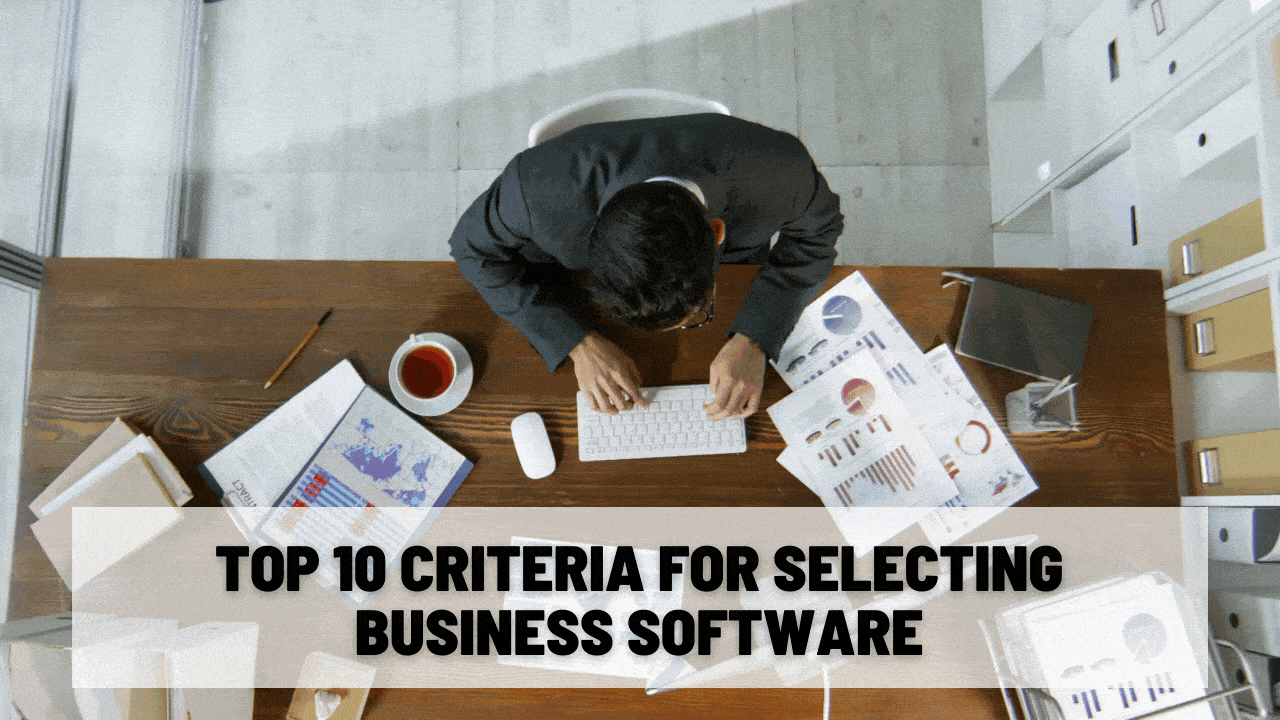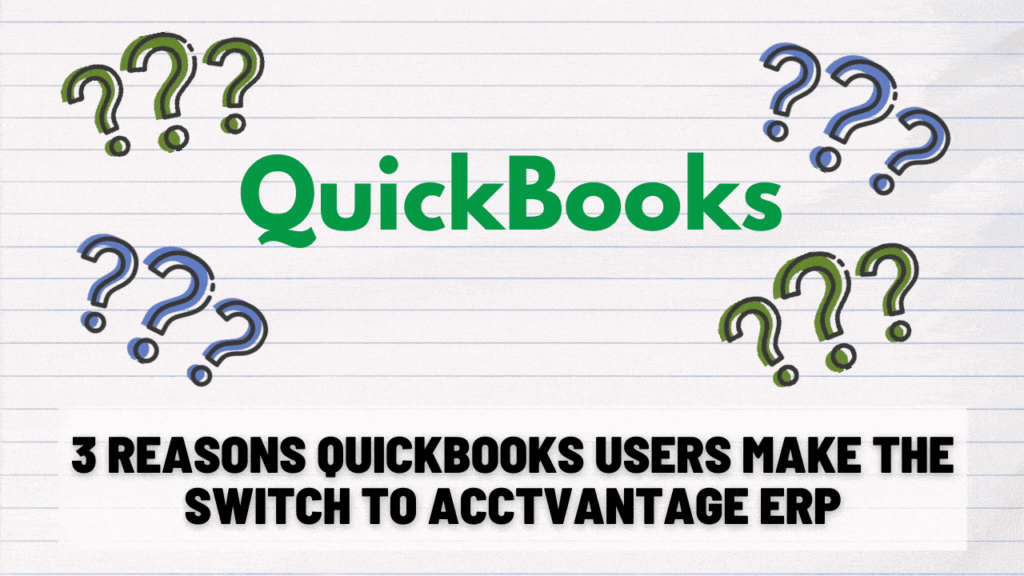ERP vs. CRM: Which Does Your Business Need?
If you’ve ever shopped around for either ERP (enterprise resource planning) software or CRM (customer relationship management) software, you probably noticed that the definitions can be fuzzy. People throw around the TLAs (three-letter acronyms) as easy as breathing, but nobody can tell you what features make something ERP, CRM, both, or neither.
So, how do you know whether you need ERP or CRM?
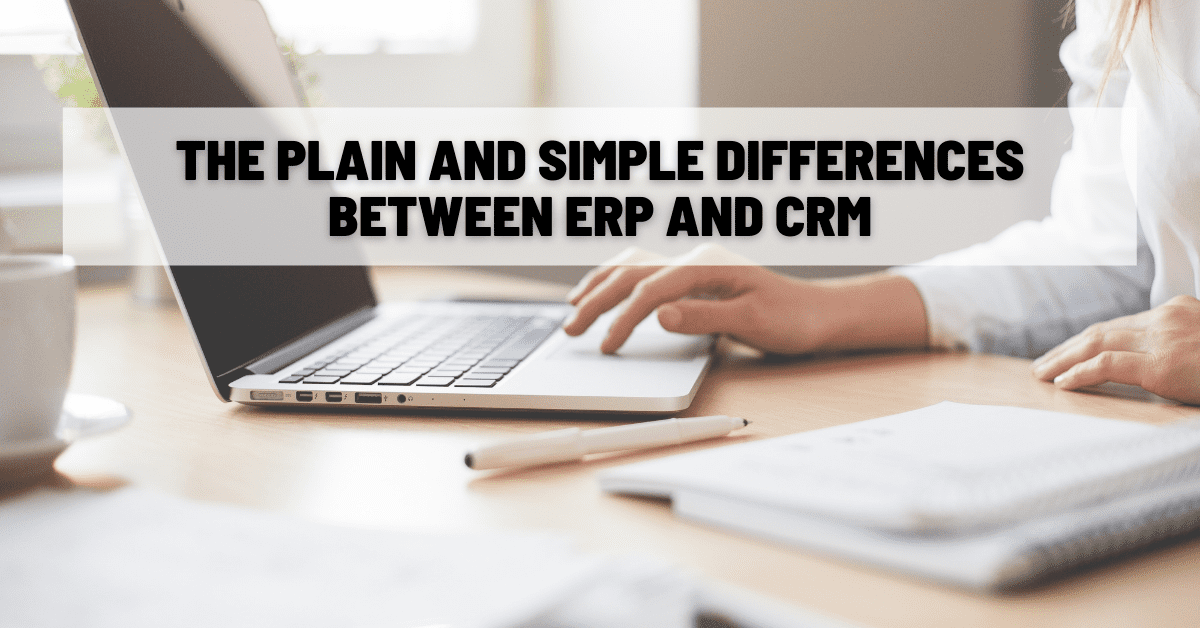
The Plain and Simple Differences Between ERP and CRM
There’s no definitive feature checklist that makes something ERP or CRM. These software categories are defined by their goals.
Very broadly, ERP software refers to any integrated system that unifies data from across your business. Typically that means sales information, accounting records, inventory and warehouse data, and so on. An ERP system lets users from all of those functional areas host their data in the same place and in a standardized format.
ERP software is more popular in some industries than others, but it’s useful for any business with enough moving parts.
Now, CRM software is narrower than ERP software in some ways. It manages all the ways that customers interact with your business.
Aside from that, a CRM system can look a lot like an ERP system, at least in the broad strokes. CRM provides a central database for all your data relating to customer interactions. That means sales, complaints, tech support. Any point of contact between your company and your customers gets recorded in your CRM system.
CRM is especially useful for turning leads and prospects into customers and turning one-time customers into repeat customers, whereas ERP takes a broader perspective and helps you gain insight into and therefore improve your business operations across all functional areas.
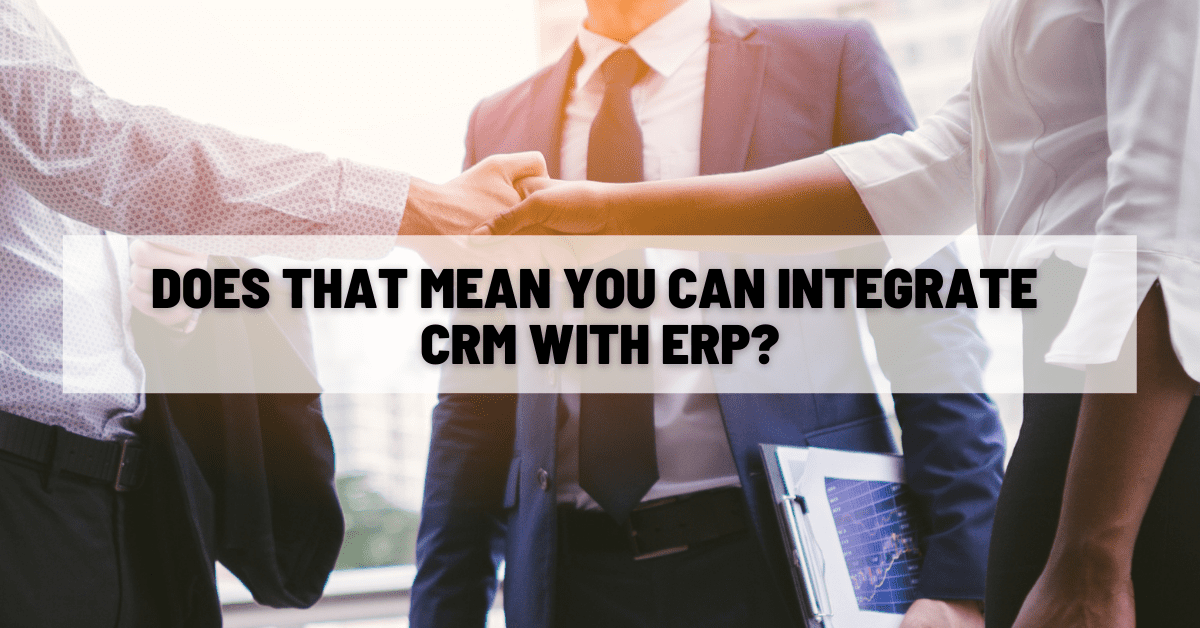
Does That Mean You Can Integrate CRM With ERP?
Yes, you absolutely can.
The most important thing to keep in mind while making this decision is that it’s not a dichotomy.
There’s a huge overlap between the domains of CRM and ERP. In practice, that means that there are lots of ways your CRM and ERP systems can be related to each other.
Some especially customer-centric businesses (like those in service industries, for example) have a huge need for the customer retention improvements that come from well-utilized CRM. But they might choose to go without a full ERP system, especially if they are concerned about undertaking an ERP implementation when they may not need to.
A more inventory-focused business might see a lot of benefit from a complete ERP system, which may or may not include a robust suite of CRM features, depending on the business’ needs.
Some companies choose to treat their CRM and ERP as completely separate systems that only communicate when they need to. This approach negates some of the benefits of an integrated database, but for some it might be worth it to keep things clean and distinct in this way.
It all comes down to the question of your business’ needs.
To find out how AcctVantage ERP can support your ongoing business growth and success, click here to get in touch with us.


